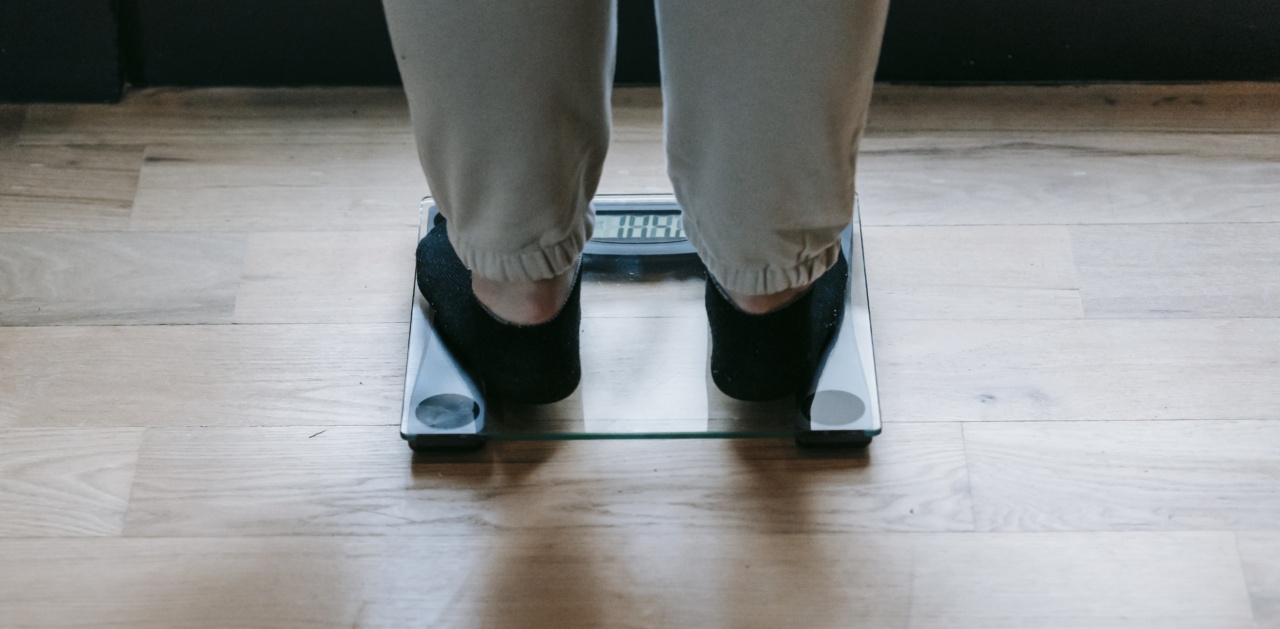In times of crisis, individuals often experience a variety of challenges and stressors that can impact different aspects of their lives. One such impact is the effect that crises can have on body weight.
Whether it is through stress eating, limited access to healthy food options, or other factors, crises can often lead to a widespread increase in body weight.
Stress Eating during Crisis
One of the primary factors contributing to weight gain during a crisis is stress eating. When faced with uncertainty, fear, or anxiety, many people turn to food as a coping mechanism.
Stress eating typically involves consuming high-calorie and unhealthy foods, leading to weight gain over time.
Emotional and Psychological Factors
During a crisis, individuals may also experience heightened emotions and psychological distress, which can further exacerbate weight gain.
Emotional factors such as sadness, loneliness, or boredom can lead to overeating or seeking out comfort foods as a way to cope with these negative emotions.
Disruption of Routine
Crises often disrupt daily routines, including regular exercise and meal planning.
With limited access to gyms or outdoor recreational spaces, individuals may find it difficult to maintain their usual exercise routines, leading to a decrease in physical activity. Additionally, the disruption of regular schedules and routines can make it challenging to plan and prepare healthy meals, resulting in a higher likelihood of opting for convenience foods that are often high in calories.
Financial Constraints and Food Accessibility
A crisis can impact personal finances and create additional financial constraints for individuals and households.
Limited income or job loss can result in difficulties affording healthier food options, leading to a reliance on cheaper, processed, and calorie-dense foods. Food accessibility may also be affected, with limited availability of fresh produce or other nutritious options.
Social and Cultural Factors
During a crisis, social and cultural factors may also contribute to weight gain.
Social distancing measures and stay-at-home orders can result in decreased social interactions and a higher prevalence of sedentary behaviors such as watching television or spending excessive time on digital devices. Additionally, cultural practices such as comfort eating during difficult times or the celebration of events with indulgent food can further contribute to weight gain.
Healthcare System Strain
During a crisis, healthcare systems often face significant strain and may be overwhelmed with an influx of patients.
This strain can result in limited access to healthcare services focused on preventive care, weight management programs, or other resources that support healthy lifestyles. Without adequate support, individuals may struggle to address weight gain or receive guidance on maintaining a healthy weight during a crisis.
Psychological Well-being
Weight gain during a crisis can also have detrimental effects on an individual’s psychological well-being. Negative body image, low self-esteem, and feelings of guilt or shame are common psychological outcomes associated with weight gain.
These factors can further contribute to emotional eating or a vicious cycle of unhealthy behaviors.
Reducing the Impact on Body Weight
While crises can pose significant challenges to maintaining a healthy weight, there are strategies individuals can employ to reduce the impact:.
1. Seek Emotional Support
During times of crisis, it is crucial to seek emotional support from friends, family, or professionals. By addressing emotional issues, individuals may be better able to manage stress eating or other unhealthy coping mechanisms.
2. Establish a Routine
Creating a structured routine that includes regular physical activity and meal planning can help mitigate the disruptions caused by a crisis.
Incorporating exercise into daily schedules and prioritizing balanced meals can reduce the likelihood of weight gain.
3. Finding Affordable Healthy Alternatives
Seek out affordable and nutritious food options, even when faced with financial constraints. This may involve exploring local food banks, community-based initiatives, or growing fruits and vegetables at home.
4. Stay Physically Active
Even with limited access to gyms or recreational facilities, individuals can find creative ways to stay physically active during a crisis.
This may include home workouts, outdoor activities within the confines of social distancing measures, or utilizing online exercise resources and classes.
5. Focus on Mental Well-being
Supporting mental well-being can help individuals manage stress, emotional eating, and negative self-perception.
Engaging in mindfulness practices, seeking professional counseling or therapy, and practicing self-care are all important strategies for maintaining a healthier mindset during crisis situations.
Conclusion
In conclusion, crises can lead to a widespread increase in body weight due to various factors such as stress eating, limited access to healthy food options, and disruptions of routines and healthcare systems.
Recognizing these challenges and proactively implementing strategies to mitigate their impact is essential for individuals striving to maintain a healthy weight during times of crisis.





























